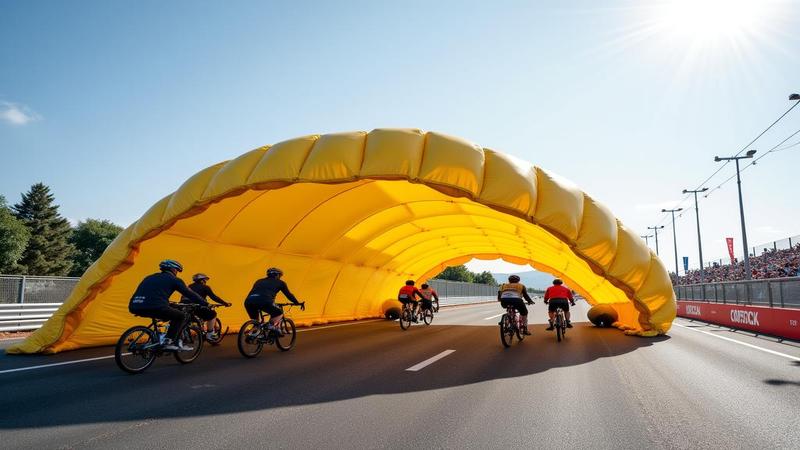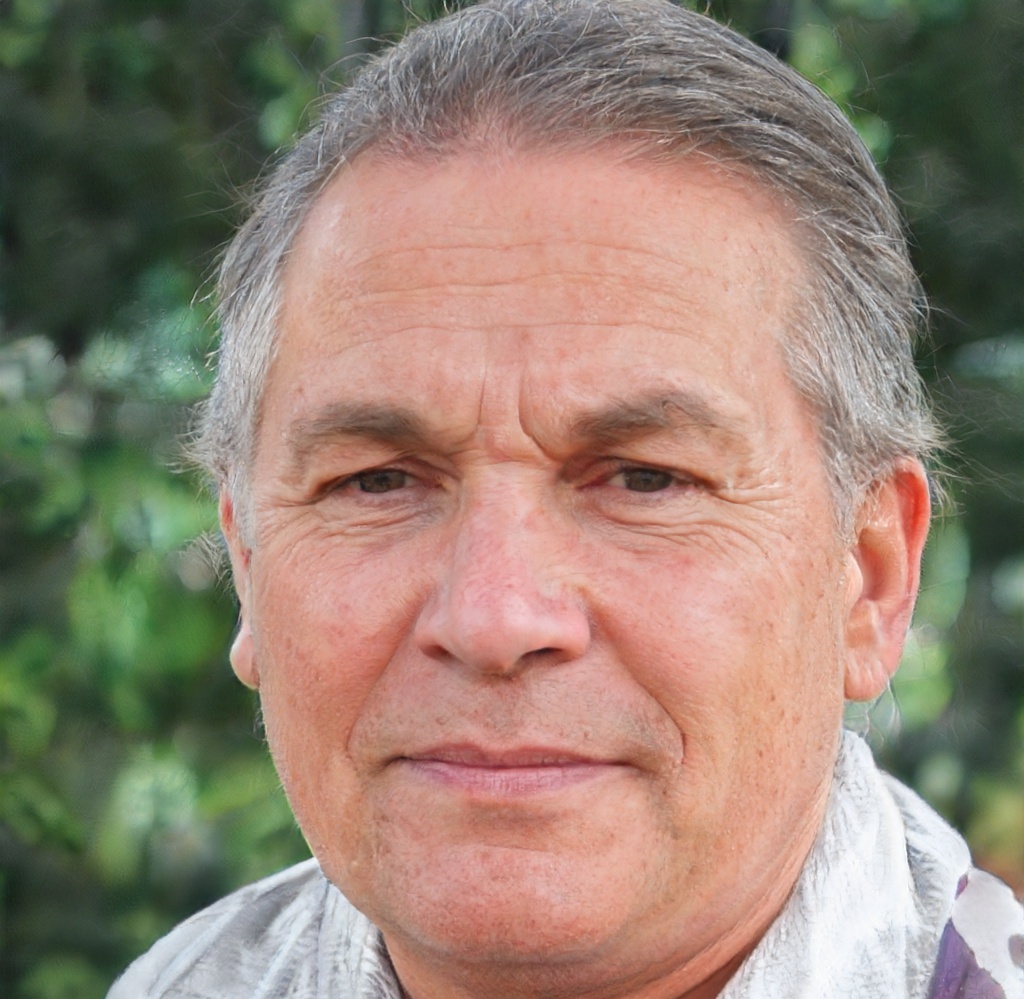La Vuelta Heroically Bonks Before The Finish, Like My New Year’s Goals

La Vuelta, a race famous for climbs, heat, and plot twists, introduced a new category: existential collapse. With several miles to go, the event itself bonked, sat down on the roadside, and asked for the meaning of gradients. The peloton looked at the void where a finish line should be and collectively freewheeled into the absurd. Somewhere a timekeeper started the stopwatch on a philosophical crisis.
Organizers blamed sun glare, mercury retrograde, and a tape measure union slowdown. One director said, “We simply ran out of finish,” like a baker explaining they’d baked a cake but forgot the end of the recipe. The official statement was a shrug printed on letterhead. It was laminated for durability and indecision.
Tactically, teams executed the rare Negative Push, where every rider conserves so much energy that the finish line refuses to meet them halfway. A breakaway tried to attack the concept of closure and was countered by a small group from the School of Post-Structuralism. The peloton, a sweaty committee, voted to table victory until the next summit meeting. Democracy is slow, especially at 40 kph.
The numbers were profound in a way that makes calculators bite their tongues. One hundred seventy-eight riders, five clocks, and zero finish lines produces a parabola of regret that would make Euclid cry into his protractor. The splits told a story, but the moral was “almost.” I respect a box score that whispers, but this one mouthed, “You up?”
Riders asked a local shepherd for directions to the podium and got pointed to a goat that looked like a podium if you squinted at altitude. A veteran tried to draft behind a cloud labeled “Closure” and got dropped by weather. Google Maps rerouted everyone to “Finish-ish,” located somewhere between a roundabout and a rumor.
Officials eventually located an ultralight collapsible finish line arch deflated on the shoulder, crumpled like a bouncy castle that had seen things. They used it as emergency shade, then gave it the mountain points for having the highest morale. Forensic signage experts concluded the arch had surrendered to gravity out of professional courtesy.

Race radio crackled with haikus: “Where is the red line? / My legs file a complaint form. / Road continues, why?” Directors tried to sound authoritative, but it came out as interpretive jazz. A neutral service car handed out optimism at 60 psi, which promptly leaked through everyone’s historical memory.
Fans rang cowbells in a minor key, a soundtrack for triumph that never met its mark. One guy in a giant ham costume kept sprinting alongside no one, which is somehow both art and pork. The Basque flags were immaculate; the finish flags were theoretical.
Sponsors pivoted mid-stage, announcing an exciting new jersey for Leading In Suspense. Energy gels were rebranded as “Narrative Adhesive,” tasting like citrus and unresolved tension. A podium girl swapped to a podium comma; the ceremony would be continued at a later clause.
Telemetry showed riders approaching a ghostly, dotted finish line visible only to Garmin units and wishful thinkers. The pace car consulted an algorithm that suggested tapas, a nap, and forgiveness. A mechanic offered a pocket-sized CO2 inflator kit for the collective will to win, but the valve stem of destiny was stripped.
Possible solutions were floated like balloons tied to a cinder block. Next year’s finish line will be printed on the riders’ retinas, blockchain verified, and guarded by a very stern ibex. As someone who respects both math and memory, I propose we measure victory in kilojoules of dignity and let the result tap the mic, whisper, and drop a smoke bomb.
In the end, La Vuelta proved that sometimes the finish line bonks first. The stage winner was declared to be “the journey,” and it tested positive for metaphors. Official time: ¯_(ツ)_/¯ seconds. Box score’s final whisper: close enough to almost, which is exactly where the arch collapsed, and where my New Year’s goals sit waving like spectators who forgot the road ends.
